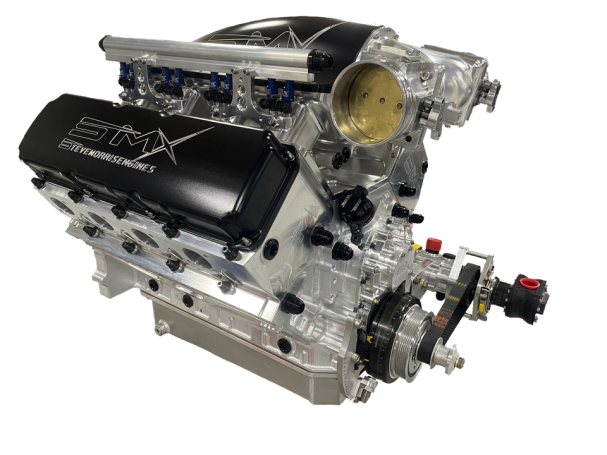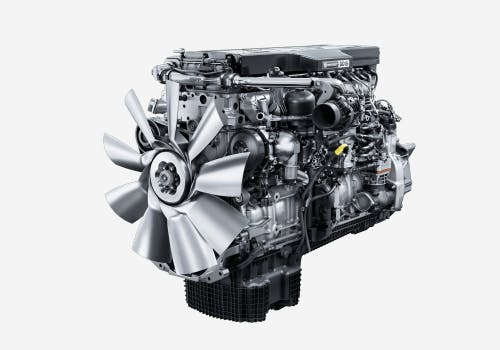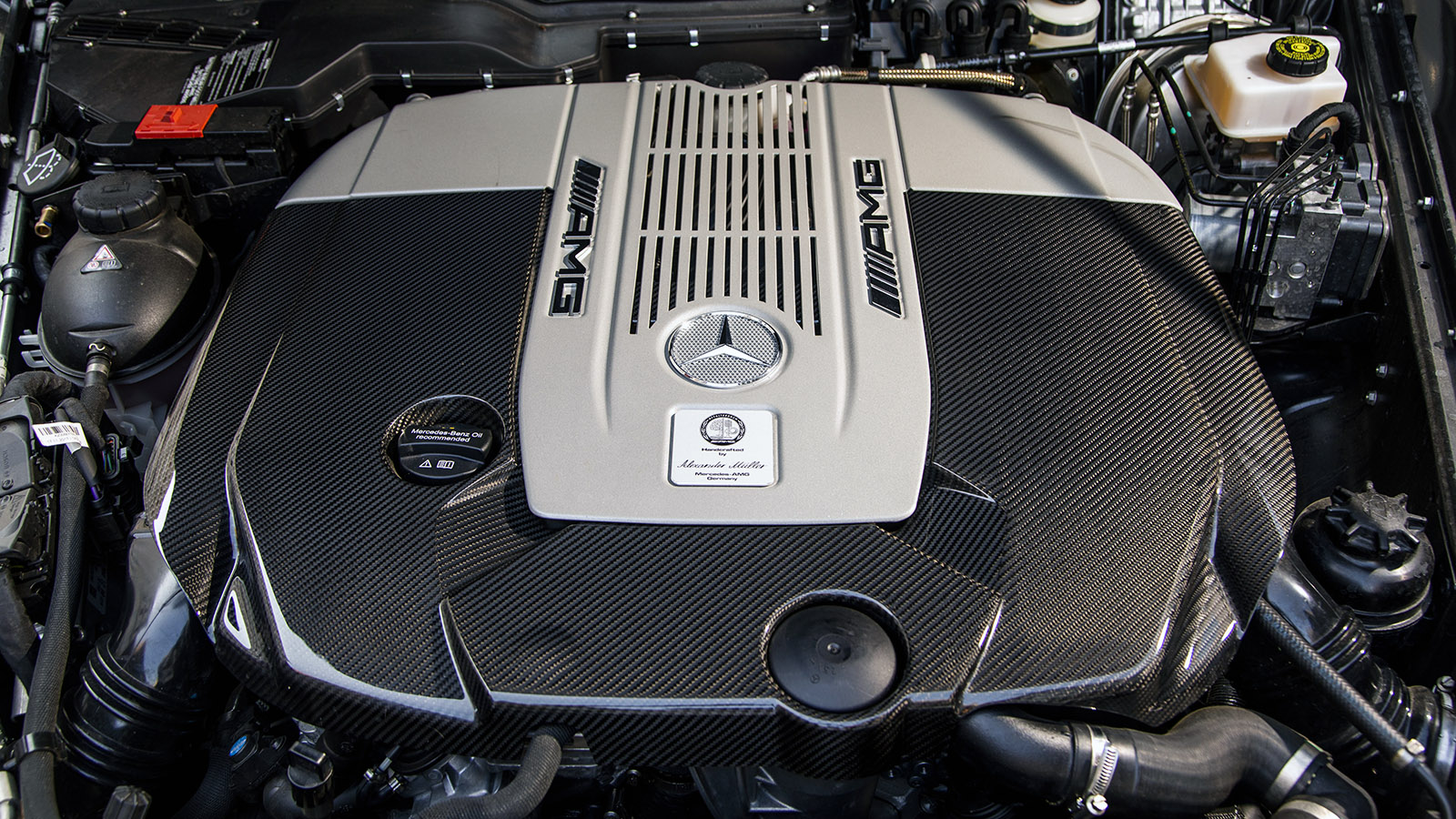Why Organizations Prefer Engines For Africa for Their Fleet
Why Organizations Prefer Engines For Africa for Their Fleet
Blog Article
Explore a Wide Array of Engines for each Vehicle and Function
The vehicle landscape is progressively intricate, with a varied range of engine kinds developed to satisfy certain performance and efficiency needs across different automobile groups. In addition, heavy-duty engines serve the demands of job automobiles, while environmentally friendly alternatives are gaining traction in the quest of sustainable transportation.
Kinds Of Automotive Engines
Automotive engines can be classified right into several distinctive kinds, each created to satisfy particular efficiency and effectiveness requirements. One of the most typical classifications include interior burning engines, electric engines, and crossbreed systems.

Electric engines, on the various other hand, operate electric power kept in batteries, giving immediate torque and zero discharges. These engines are coming to be progressively popular as a result of developments in battery innovation and the growing focus on sustainability.
Crossbreed systems incorporate both inner burning and electrical engines, making it possible for cars to maximize fuel efficiency and decrease discharges by seamlessly changing between source of power. Each engine kind provides its negative aspects and advantages, influencing variables such as vehicle style, meant usage, and market need. Understanding these differences is critical for manufacturers and consumers alike when selecting the suitable engine for their certain demands.
Performance Engines for Sports Cars
Performance engines for sports vehicles are specifically engineered to deliver enhanced speed, power, and dexterity, setting them apart from basic automotive engines. These engines frequently use sophisticated innovations such as turbocharging, supercharging, and variable valve timing to maximize efficiency and responsiveness.
Generally, efficiency engines are made with greater compression proportions, which enable higher energy removal from fuel. This leads to outstanding horsepower and torque numbers, allowing fast acceleration and greater full throttle. The lightweight products utilized in these engines, such as aluminum and carbon fiber, add to decreased overall lorry weight, improving handling and ability to move.
Engine setups like V6, V8, and even hybrid systems prevail in efficiency cars, each offering special benefits in regards to power distribution and driving characteristics. The adjusting of these engines is additionally critical; lots of producers maximize the engine monitoring systems to give an exhilarating driving experience, usually consisting of sport settings that readjust throttle reaction and equipment shifts.
Reliable Engines for Daily Commuters
In the realm of everyday travelling, effective engines play a crucial function in maximizing fuel economy and lessening emissions while offering reliable efficiency. As urban populaces expand and ecological issues escalate, the demand for lorries furnished with reliable powertrains has actually surged.
Modern engines created for day-to-day travelers often incorporate technologies such as turbocharging, straight fuel shot, and crossbreed systems. Turbocharging improves engine efficiency forcibly even more air right into the burning chamber, enabling smaller, lighter engines that do not compromise power outcome. Straight fuel shot boosts fuel atomization, causing much better combustion and boosted effectiveness.
Crossbreed engines, incorporating internal burning with electrical power, further augment gas economy, specifically in stop-and-go traffic, where typical engines can struggle with inadequacies. Electric motors assist during acceleration and can run individually at reduced speeds, minimizing overall gas intake.
Additionally, improvements in engine monitoring systems and lightweight materials add click to investigate considerably to efficient engine layout. By concentrating on performance, durability, and ecological sustainability, makers proceed to supply engines that not only meet the needs of day-to-day commuting but likewise align with global initiatives to minimize carbon impacts.
Heavy-Duty Engines for Work Autos
Durable engines for work lorries are routinely crafted to provide remarkable torque and reliability under requiring problems. These engines are developed to perform in environments where typical engines might falter, such as building and construction sites, logging operations, and farming settings. The primary emphasis of sturdy engines is their ability to produce high degrees of power while preserving toughness over expanded durations of procedure.
Commonly, heavy-duty engines utilize innovative materials and robust construction techniques to stand up to the rigors of heavy work. Attributes such as reinforced cyndrical tube blocks, boosted air conditioning systems, and progressed gas injection modern technologies add to their effectiveness. These engines usually run at lower RPMs, which helps to maximize fuel performance while offering the required power for lugging and hauling.
In enhancement to mechanical toughness, heavy-duty engines are commonly outfitted with sophisticated digital control systems (ECUs) see here that handle efficiency, discharges, and diagnostics. This combination permits much better tracking and upkeep, ensuring that job automobiles remain effective and operational.
Ultimately, sturdy engines are an essential component in the productivity of various sectors, giving the essential power and integrity to deal with the hardest of tasks.
Eco-Friendly Engine Options
The growing emphasis on sustainability has actually resulted in the development of environmentally friendly engine choices that focus on minimized emissions and improved gas performance. These engines are developed to decrease the ecological influence of automobiles while still providing the efficiency and dependability expected by consumers.
Amongst the most notable eco-friendly choices are hybrid and electric engines. Hybrid engines incorporate typical internal burning engines with electric propulsion, permitting for minimized gas usage and reduced greenhouse gas emissions. Electric engines, on the other hand, operate completely on battery power, generating no tailpipe exhausts and adding to cleaner air top quality.
Another promising advancement is the innovation of biofuel engines, which make use of renewable energies, such as plant products, to power lorries (Engines For Africa). By utilizing biofuels, these engines can decrease dependence on fossil gas and reduced total carbon footprints

As the automotive industry evolves, environment-friendly engine choices will play a critical role in driving the transition in the direction of more sustainable transport services.
Verdict
The auto sector provides a diverse variety of engines developed to meet different car needs and objectives. From high-performance engines that enhance cars capacities to effective versions prioritizing gas economic climate for everyday travelers, each type serves a certain feature. Sturdy engines satisfy robust work cars, while environment-friendly alternatives, such as electrical and biofuel engines, advertise lasting transportation. This comprehensive array makes sure that all driving demands are dealt with, adding to improvements in automotive technology and environmental stewardship.

Report this page